Jennifer Schmidt
Stories
-

Feeding the Green-Eyed Monster: What Happens When Envy Turns Ugly
Envy is one of the most unpleasant of all human emotions. It also turns out to be one of the most difficult for researchers to study. And yet, there's mounting evidence that envy is a powerful motivator. This week, we explore an emotion that can inspire us to become better people — or to commit unspeakable acts.
-
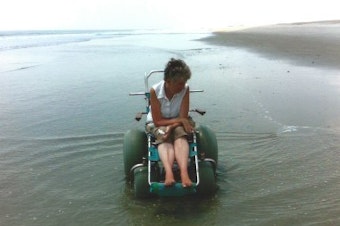
The Ventilator: Life, Death And The Choices We Make At The End
Many of us believe we know how we'd choose to die. We have a sense of how we'd respond to a diagnosis of an incurable illness. This week, we have the story of one family's decades-long conversation about dying. What they found is that the people we are when death is far in the distance may not be the people we become when death is near.
-
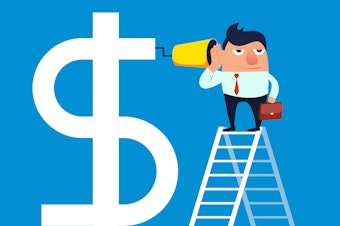
The Talk Market: How Stories and Psychology Shape Our Economic Lives
Can we affect the rise and fall of the economy? This week on Hidden Brain, we talk with Nobel Prize-winning economist Robert Shiller about the powerful ways in which stories and psychology shape our economic lives. He argues that narratives affect not just the purchases we make as individuals, but the fate of our entire economic system.
-
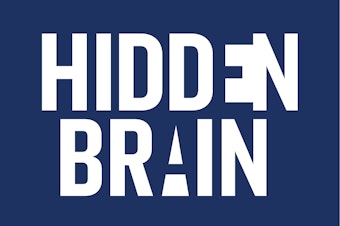
What Monkeys Can Teach Us About Being Human
What makes the mind of a human different from that of other animals? Psychologist Laurie Santos says we can't know the answer to that question if we only study humans. This week, we turn to Laurie's work with monkeys to understand which parts of human behavior are distinct, and which we share with other species.
-

We're All Gonna Live Forever! The Stories We Tell About Conquering Death
Last week, we spoke with psychologist Sheldon Solomon about the fear of death and how it shapes our actions. This week, we pivot from psychology and politics to religion and history as we explore how people have tried to resolve these fears. We talk with philosopher Stephen Cave about the ways we assure ourselves that death is not really the end.
-
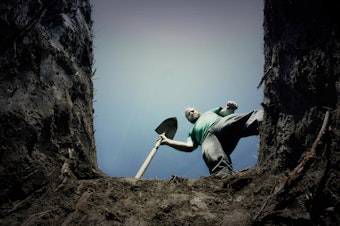
We're All Gonna Die! How Fear Of Death Drives Our Behavior
Death may be inescapable, but we do our best to avoid thinking about it. Psychologist Sheldon Solomon says we're not very successful, though. This week on Hidden Brain, we confront how death anxiety courses through our actions, even when we don't realize it.
-

You Can't Hit Unsend: How A Social Media Scandal Unfolded At Harvard
Social media sites offer quick and easy ways to share ideas, crack jokes, find old friends. They can make us feel part of something big and wonderful and fast-moving. But the things we post don't go away. And they can come back to haunt us. This week, we explore how one teenager's social media posts destroyed a golden opportunity he'd worked for all his life.
-

You 2.0: Decide Already!
For the last episode in our You 2.0 series, we bring you a favorite conversation with Harvard researcher Dan Gilbert. He explains why we're bad at predicting our future happiness, how that affects our decision making, and why we're actually happier after making a decision that feels irrevocable.
-
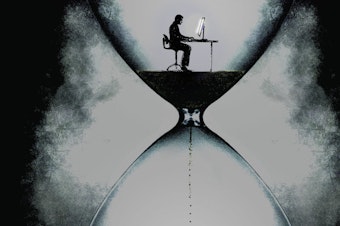
You 2.0: Tunnel Vision
When you're hungry, it can be hard to think of anything other than food. When you're desperately poor, you may constantly worry about making ends meet. When you're lonely, you might obsess about making friends. This week, as part of our You 2.0 series, we bring you a favorite 2017 episode about the psychological phenomenon of scarcity. Researchers say this form of tunnel vision can affect our ability to see the big picture and cope with problems in our lives.
-
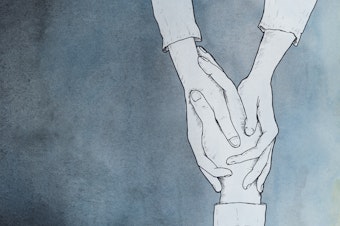
You 2.0: The Empathy Gym
Some people are good at putting themselves in another person's shoes. Others may struggle to relate. But psychologist Jamil Zaki argues that empathy isn't a fixed trait. This week: how to exercise our empathetic muscles. It's the first episode in our You 2.0 summer series.